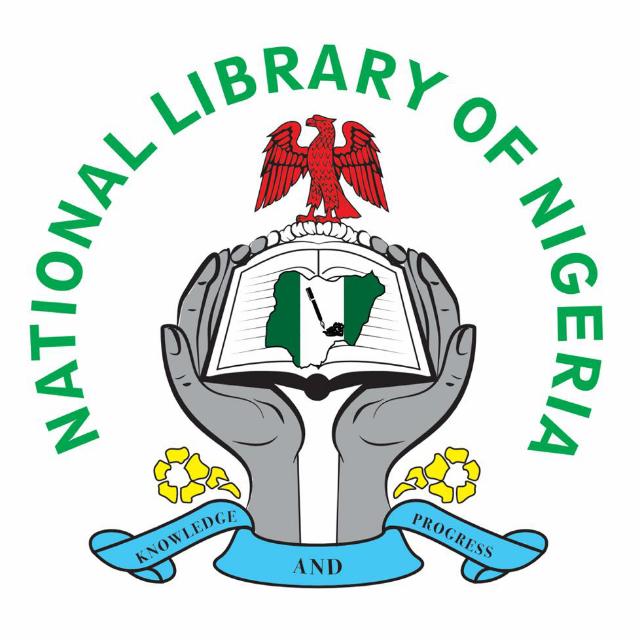The Nigeria Labour Congress (NLC) and the Trade Union Congress (TUC) have been actively working to improve the welfare of salaried workers in Nigeria's distorted political economy. The issue of the value of Nigerian labourers has been a contentious one, with workers often forced to accept slave wages during the colonial period. This led to the Coal Miners Strike in 1945. Nigerian nationalists, led by Dr. Nnamdi Azikiwe and Chief Obafemi Awolowo, argued for the rights of Nigerian workers, but neither took over the leadership of Nigeria. Since 1960, the wage dispute between Nigerian workers and their employers has been a never-ending controversy. The 1975 troubles led to General Murtala Mohammed's coup, which distorted the political economy and led to the dislocation of social services during strikes. The NLC and TUC have been agitating for wage increases, but this strategy has never materialized to improve worker welfare.The National Labor Congress (NLC/TUC) should adopt a new stance, focusing on the abolition of apartheid remuneration between civil service and political office holders in Nigeria. The apartheid income distribution and reward system in Nigeria enriched political office-holders, a legacy of colonialism. The NLC/TUC should focus on designing and implementing a Unified National Minimum Wage for both civil workers and political office holders, ensuring equal treatment and productivity. This would prevent political office-holders from being remunerated above other workers in Nigeria's political economy, unlike in Britain and America. The NLC/TUC should agitate against malpractices that distort the political economy and expose workers to a distorted, turbulent economic system. The agitation should focus on achieving the abolition of the apartheid national income distribution and remuneration system, ensuring that politics is not elevated from its essential vocational essence to an occupation or profession. This would lead to a more equitable and fair Nigerian economy.
 Index to Nigerian Newspapers
Index to Nigerian Newspapers
